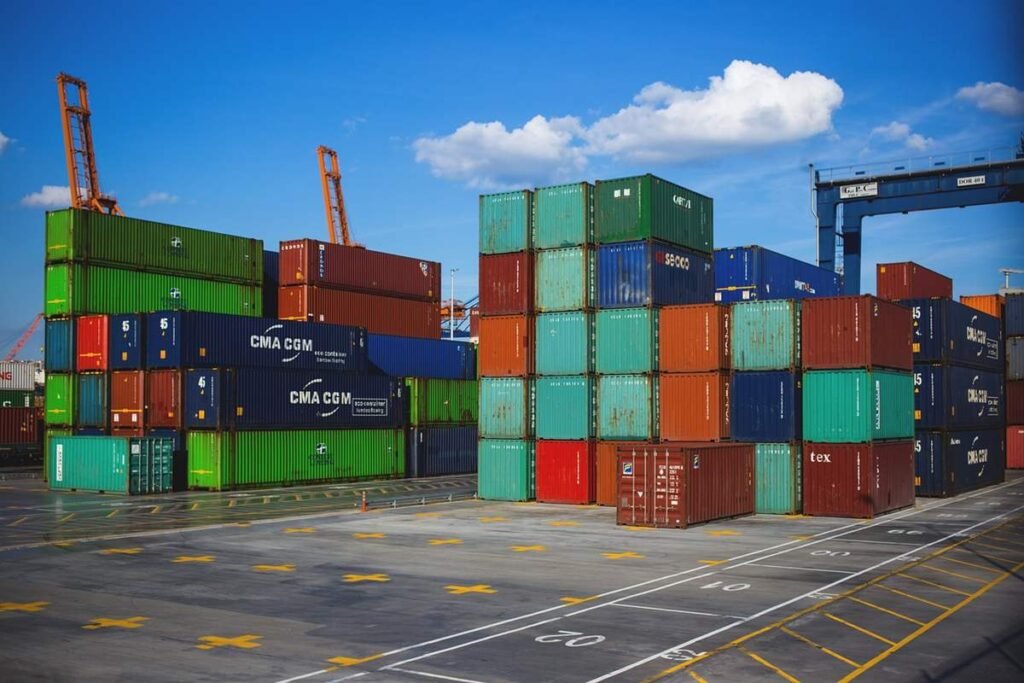Today, National Ministers discussed how to end the use of unjustified territorial supply constraints during the Competitiveness Council. Territorial supply constraints increase prices and limit product choice, meaning some consumers are paying more than others across the EU.

In a non-paper signed by Austria, Belgium, Czechia, Croatia, Greece, Luxembourg, the Netherlands and Slovenia, EU Members States push for action on this unjustified behaviour.
‘We thank Austria for bringing the subject of Territorial Supply Constraints back on top of the agenda of the Council. The Commission should heed the call of Member States, that urged for a legislative solution to fill gaps in competition rules,’ confirms EuroCommerce Director General, Christel Delberghe.
Territorial Supply Constraints are named as one of the ‘Terrible Ten’ Single Market barriers in the Commission’s Single Market Strategy. Territorial supply constraints are the deliberate practice used by large manufacturers to fragment the Single Market to enforce different prices across countries and ensure that products cannot be sold in a market for which they are not intended.
Competition rules cannot catch all of the behaviour of large manufacturers. This means that those that may be dominant in some product categories can continue to fragment the Single Market and command higher prices or limit the choice of certain consumers. The Commission in 2019 estimated that this was costing consumers €14 billion in a few product categories, leaving the full cost uncalculated.
Ms Delberghe, highlighted, ‘We need full speed ahead on legislation to stop territorial supply constraints. Those that are deliberately fragmenting the Single Market need to stop exploiting the loophole that means some consumers in the EU pay more than others.’